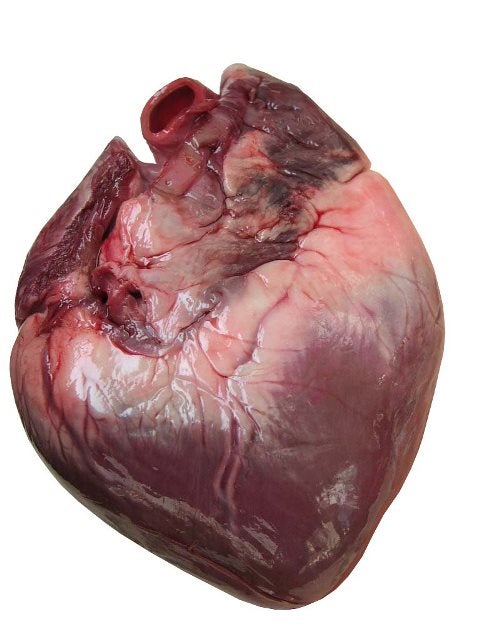
The investigator-initiated study, which was carried out by by Dr. Jeffrey Testani of Yale University, showed that single dose DSR therapy in humans was safe and well-tolerated, as well as ensured clinically relevant removal of sodium with consistent results between treated patients.
A major problem in treating patients with volume overload is that the removal of fluid without the removal of the associated sodium only results in a temporary benefit, said Sequana.
The firm’s DSR therapy helps to eliminate the sodium and the associated fluid will be removed by the body fluid to restore the sodium concentration, ensuring sustained fluid removal.
Data from the current study showed that DSR helped to remove large quantities of sodium and fluid in a safe and tolerable manner, demonstrating the potential of Sequana Medical’s alfapump DSR to deliver a new and convenient treatment option for patients with volume overload due to heart failure.
Yale University associate professor Dr Jeffrey Testani said: “The results of this study, together with the previously reported animal data indicate that DSR is a promising candidate therapy in heart failure.”
The trial, which was carried out by Dr. Jeffrey Testani of Yale University, recruited 10 patients receiving peritoneal dialysis (PD) who underwent randomisation and crossover to DSR infusate or standard PD solution.
According to the company, DSR therapy was safe and well-tolerated during a single dose administration and achieved its primary endpoint of non-discontinuation of the protocol due to discomfort or adverse events with similar tolerability to standard PD solution.
Sequana Medical CEO Ian Crosbie said: “With volume overload accounting for 90% of the one million hospitalisations for heart failure each year, it is clear that better treatment options are needed to address the $13 billion in U.S. hospital costs for heart failure.
“These positive first-in-human results reinforce our beliefs in the potential of our proprietary DSR therapy. We are excited to drive forward the clinical development of alfapump DSR, combining the accumulated positive results of DSR with our validated alfapump platform.”






